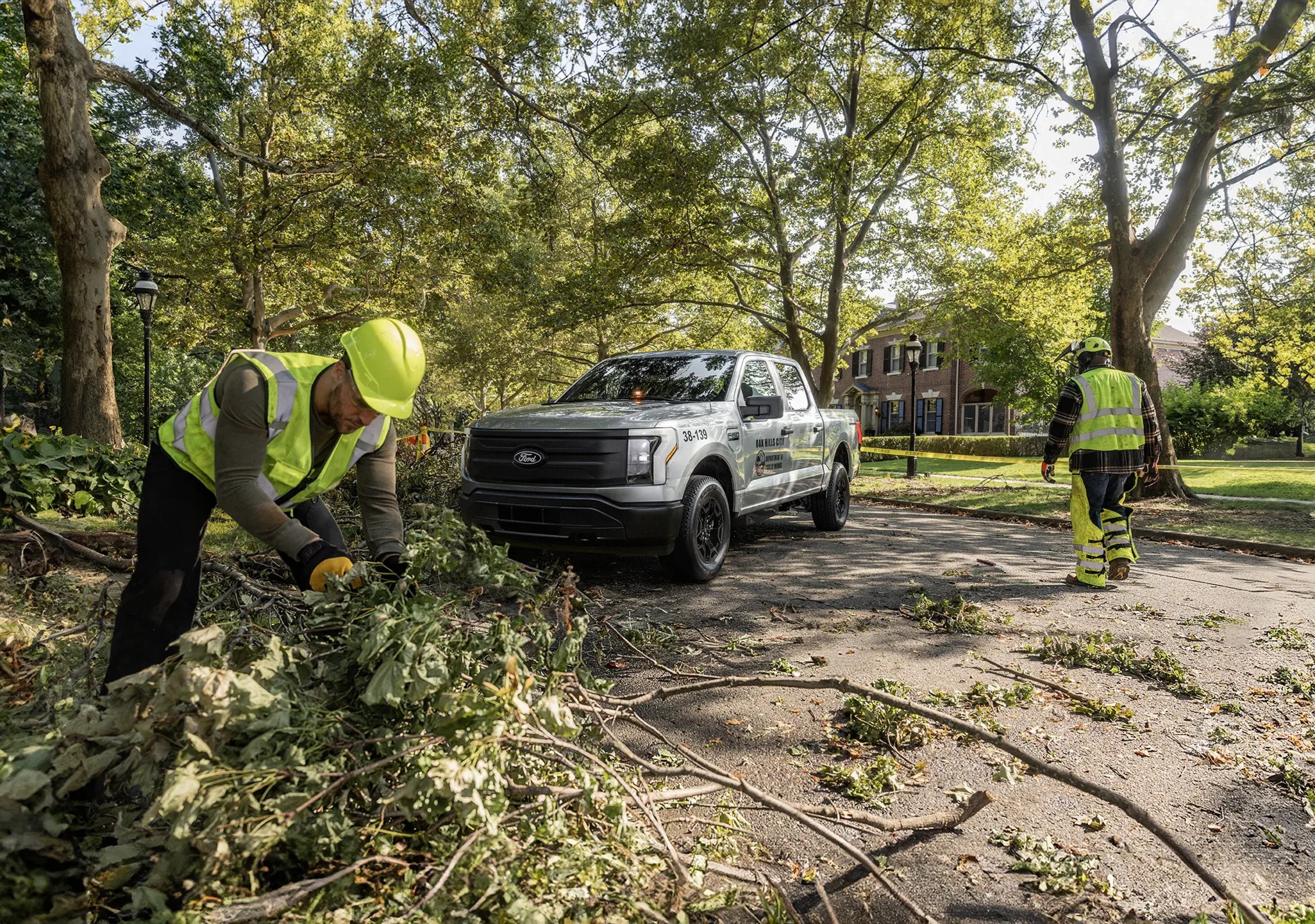

Ford Motor Company is accelerating its transformation into a more sustainable enterprise, weaving environmental stewardship into every facet of its business. With an ambitious vision anchored in the “Road to Better” sustainability agenda, Ford combines electrification, resource efficiency, and responsible sourcing to reduce its carbon footprint while maintaining long-term profitability.
Between 2022 and 2026, the company has committed more than $50 billion to develop and manufacture EVs and batteries worldwide. Ford aims to produce 600,000 EVs annually by late 2023, ramping up to more than two million by the end of 2026, and targeting 50% of global vehicle sales to be electric by 2030. Driving an EV like the Mustang Mach E or F 150 Lightning can reduce lifetime CO₂ emissions by up to 60% compared to gasoline models.
Yet Ford’s environmental efforts reach far beyond tailpipe emissions. The company has reduced Scope 1 and 2 greenhouse gas emissions by 35% since 2017 and invested $26 million in facility upgrades, enabling a 40% reduction in manufacturing-related emissions. Reflecting its commitment to renewable energy, Ford now uses 60.6% carbon free electricity globally, with 100% carbon free power planned for its Michigan operations by 2027.
Ford is also ramping up sustainable sourcing through supplier engagement programs. It has set a new science-based target to cut global supply chain emissions by 25% by 2030 using a 2023 baseline. Initiatives like Manufacture 2030 invite suppliers to set, measure, and report emission reductions. Ford also launched Transform: Auto, a coalition to help suppliers adopt renewable energy practices. The company currently engages with over 3,000 Tier 1 supplier sites and is expanding its approach alongside stringent supply chain audits addressing materials like nickel, lithium, cobalt, aluminum and steel.
Executive chair Bill Ford emphasizes that sustainable manufacturing, while preserving good jobs, is essential for modern automotive leadership. That includes community investments, workforce training for EV facilities, and emissions-lowering measures across campuses.
Ford’s roadmap to sustainability is multifaceted—from cutting-edge EV production to cleaner operations, recycling and supplier transparency. While cost pressures and changing EV plans have demanded strategic recalibrations, the company is forging ahead with tangible progress in building a cleaner future.
Categories:
News